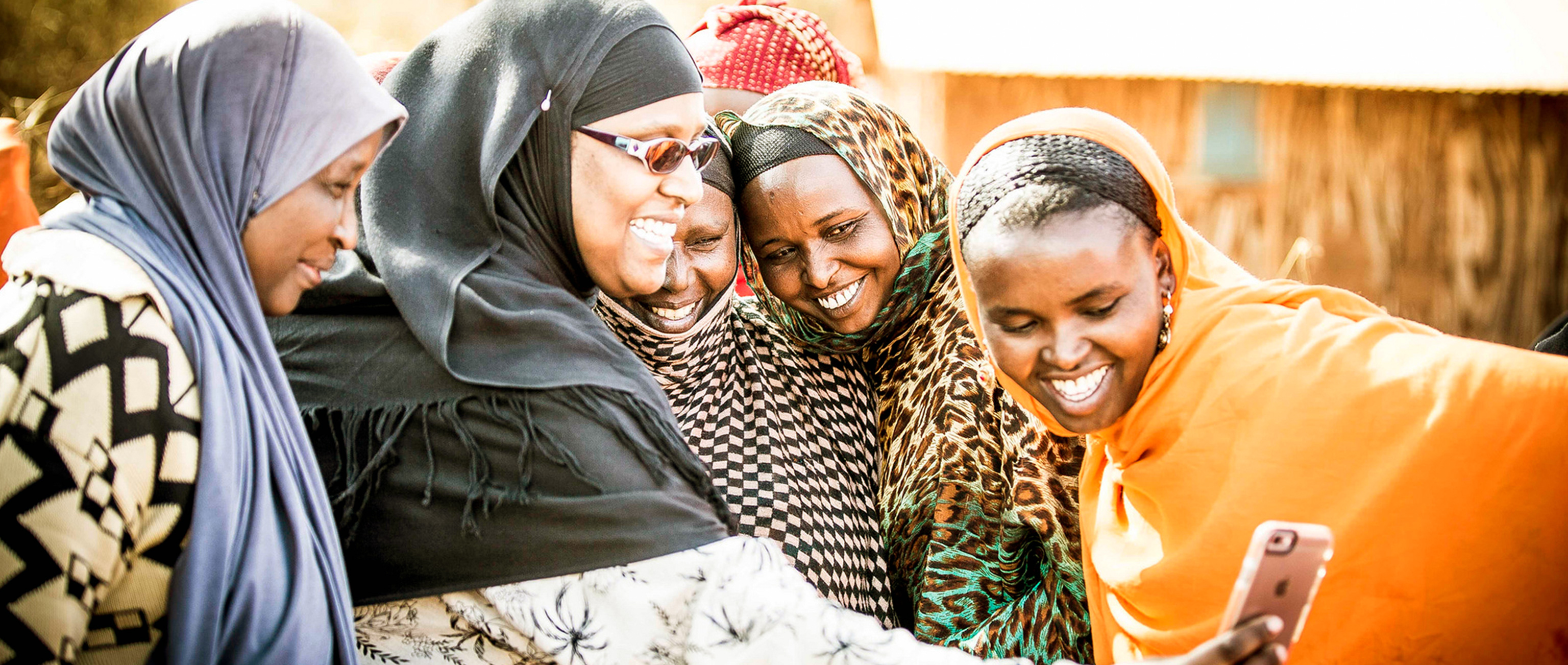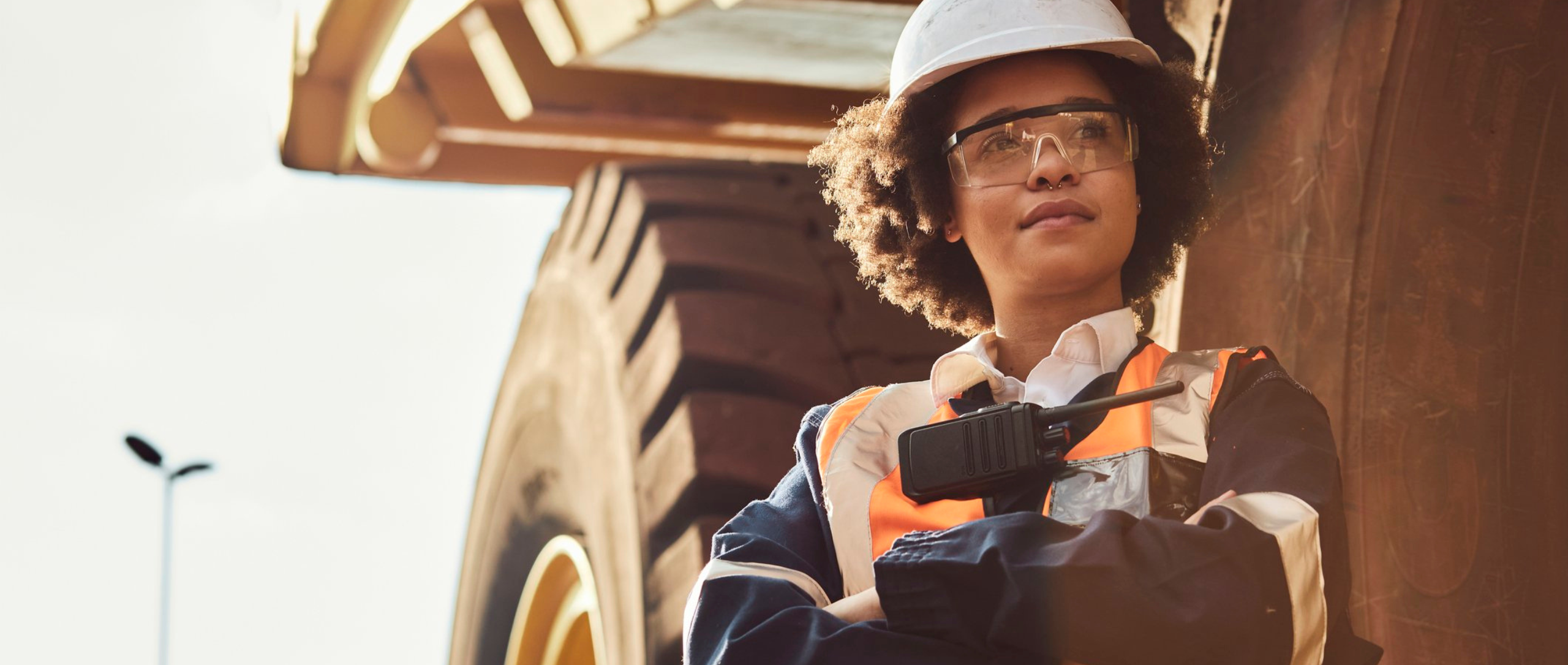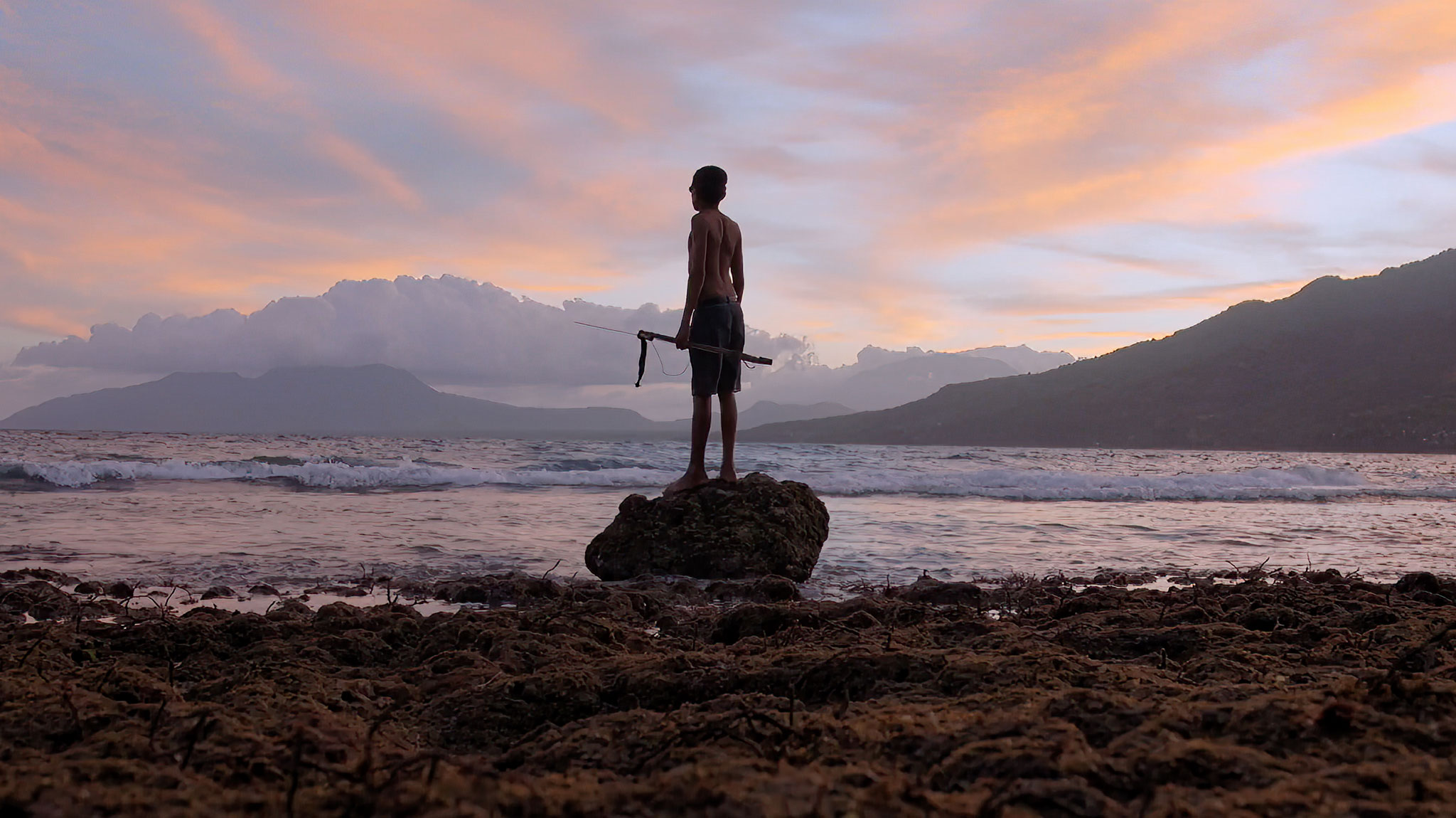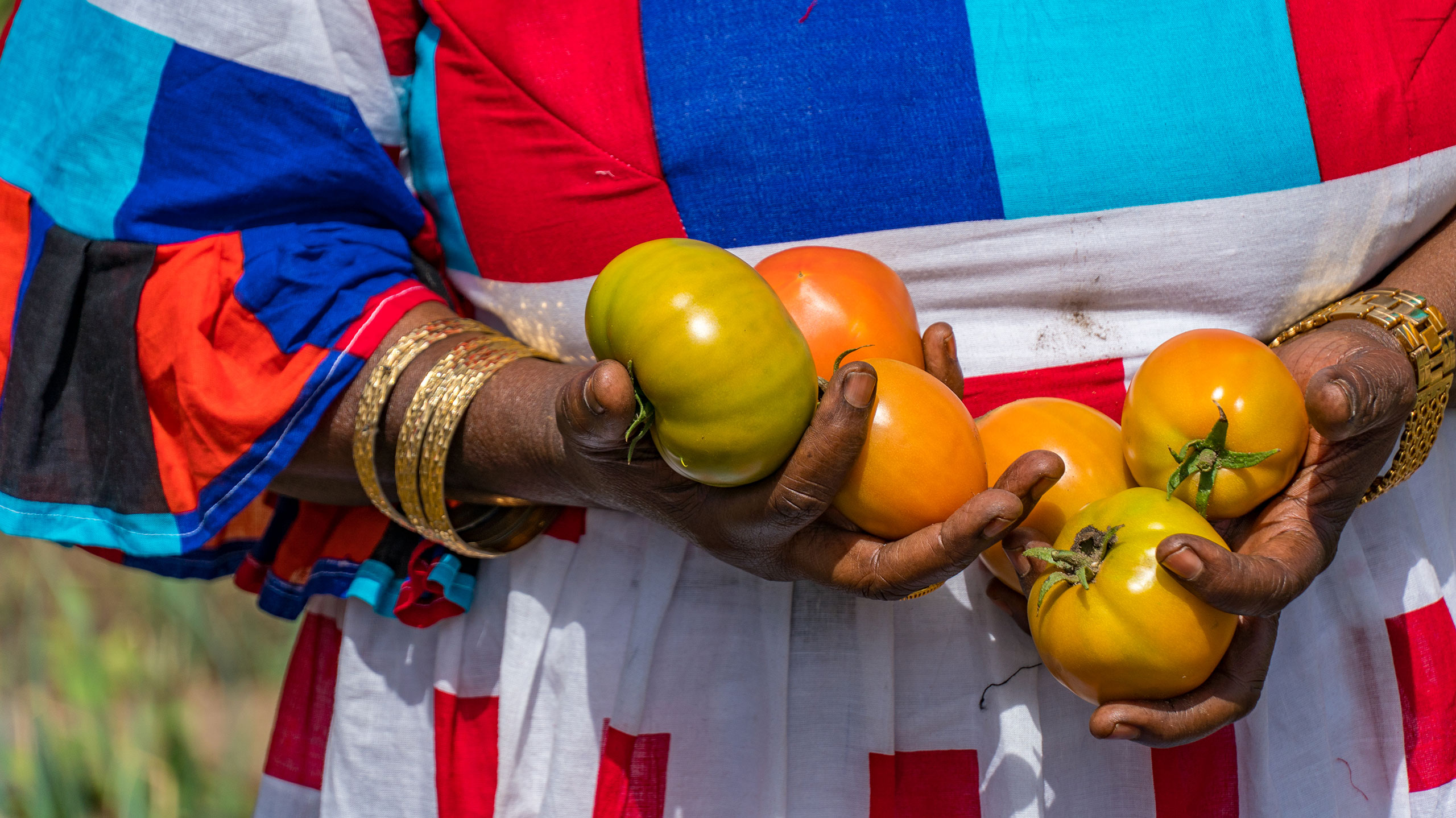International Aid Reimagined: Participatory, Community-Driven Change
Degan Ali is the director of Nairobi-based Adeso, an organization that’s trying to change the way people think about and deliver humanitarian aid. Adeso envisions an Africa not dependent on aid, but on the resourcefulness and capabilities of its people, with solutions driven and owned by local communities. Under Degan’s leadership, Adeso pioneered the cash transfer approach to aid distribution in Africa and continues to champion market-based solutions. She joined us at the Skoll World Forum in 2016 where we interviewed her to hear more about her development philosophy. This is an edited version of that conversation.
Community-driven change
At Adeso, we’re trying to go back to the basics in terms of how aid is delivered—engaging with communities to design and evaluate programs. Communities should be the drivers of change themselves and evaluate the impact of the work we do. Aid organizations, development actors, humanitarian actors, even social entrepreneurs let the donor be the driver of the work rather than the communities and that’s what we are trying to change.
We engage in a very lengthy participatory process with the communities and that often means that you have unknown results—you don’t know where you are heading with the communities, but that’s the kind of flexibility that you need to have. If you have expectations about people’s needs without consulting them when you create programs, you often can’t deliver on what the actual needs are. It’s also about trying to really engage the communities so they understand what resources they need to bring to the table to let them to be the agents of change—to put the power back in their hands.
Often they say, ‘Oh, we have nothing, we’re just sitting here as recipients waiting for the government or the aid community to help us.’ When we go through this participatory engagement process they realize, ‘Oh no, we actually have our own resources. We have our voice as advocates. We have community members who are potential teachers.’
Human-centered aid solutions
My mother, Fatima Jibrell, is the visionary who founded Adeso in 1991. She decided to pick up her two little youngest kids and move the organization to be closer to the communities who were suffering. This was at a time when Somalis were one of the biggest refugee communities in the world—everyone was trying to leave Somalia and transiting through Kenya, Ethiopia, and other countries. Here she was taking her two younger children to Somalia. Everybody, her whole family, thought she was out of her mind.
She began her work directly with communities—sitting under a tree in a community and listening. It was a very different approach from what the aid system looked like. This was about letting these communities determine their future, not coming in with this checklist of things you think a community needs that you already concocted and developed in Nairobi or London or DC. And all of this was very much against the grain, against the western driven logical system of having things predesigned.
I think that a logical systematic approach to humanitarian aid is good, but a human-centered approach—sitting in a circle under a tree and listening—is equally valuable. As a sector, we care too much about results and aid delivery is very quick and time bound. We don’t give ourselves the opportunity to just sit and listen.
Because we constantly engaged with the local context, we as a small African organization, understood the communities and that the problem around droughts was a market issue. During the 2002 drought in Somalia, we responded accordingly and pioneered the use of cash transfers. We did our first cash transfer to provide people with the means to feed themselves while also bringing cash flow into local markets and subsequently we’ve done many others. I think we have distributed over 20 million dollars over the past 15 years or so. When I proposed this to the UN system in 2003, people ridiculed us. ‘They’ll use it for guns,’ they said. From all evaluations done over the past decade there has been no evidence of that. This is one of the great success stories of a small African organization developing innovative solutions for community needs.
True empowerment
I was in a village one day and they said, ‘Adeso, you have done great things for us but now we are making money and becoming consumers. We are actually doing banking but we never banked before and we are having a hard time because we are not literate. Can you help us with literacy?’ I asked them about their community and asked who the teachers and who are learners and what resources exist in the community. Right there in that group of men that had come together to do these enterprises, banking and savings groups, there were some learners, others who had finished high school, and a teacher in the local school. “Why are you are waiting for Adeso or World Vision or Save the Children,” I asked. “You have resources right here amongst yourselves, let alone the rest of the village.”
Some of these communities are the best advocates now. They’ve come to the county governments and leveraged funds collectively from mobile providers, from the county government, from other NGOs saying, ‘This is what we need. We’ve organized and these are our priorities. This is what we can bring to the table but what we would like you to bring to the table.’ This is true empowerment. We are trying to shift community mindsets to see they have the power to make this change themselves.
Aren’t we always trying to have a strategy so that we are not needed anymore? Shouldn’t that be our goal? I think our ultimate goal in poverty alleviation, economic development, and humanitarian aid is for these communities to get these services either on their own, from the market, or from the government.



